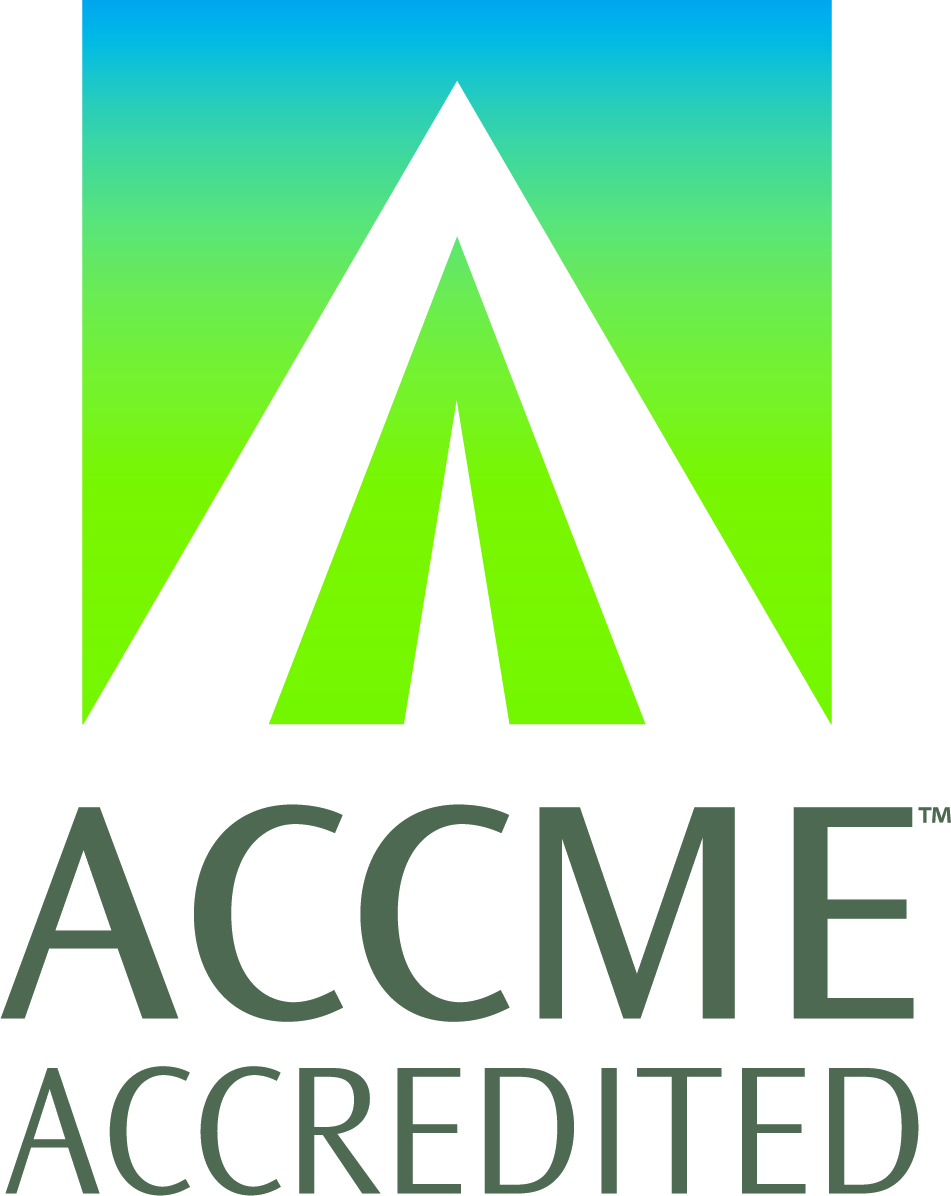Simulation 101- Online Modules and Required Reading
The Simulation Center Faculty Development Committee has developed an asynchronous course for faculty who would like to learn more about facilitating Simulation, or are new to simulation. The course consist of three components, a Journal/Reading component, five online modules, and a two-day face to face workshop. The course will span about 3 months, ending with the face to face component.
The online modules for this course will cover the following topics:
- Simulation Modalities (30 minutes)
- Adult Learning Theories (30 minutes)
- Simulation Process (30 minutes)
- Debriefing in Simulation (60 minutes)
- Team Science: An introduction (60 minutes)
The participant will also be required to read 5 related journal articles. Each article is the topic of a Discussion Forum where you are required to freely exchange ideas, reflections, and information with the other participants in the course
Target Audience
The target audience for this program includes UT Southwestern physician faculty, fellows and residents who would like to learn more about facilitating Simulation, or are new to simulation.
Learning Objectives
After the completion of the Simulation 101 Modules listed above, participants will be able to:
- Describe the initial development of a simulated educational event including identifying the audience, determining the knowledge gap, setting goals, and writing learning objectives
Differentiate between simulation modalities.
Determine an appropriate simulation modality for specialty specific skill.
Recommend a simulation modality based on advantages and disadvantages of each modality.
Explain debriefing and reflection in the context of adult learning theory
Describe simulation based methodology
Describe the impact of good reflection techniques
Describe the role that learning objectives serve in curriculum
Delineate the proper way to utilize knowledge, skills, and attitudes in educational experiences
Briefly explain the concepts of cognitive load theory, desirable difficulty, deliberate practice, zone of proximal development as it pertains to simulation
Identify the essential elements in scenario development
Describe the considerations for simulation day activities
Describe the essential discussions needed with participants prior to simulation event
ACCREDITATION AND CREDIT DESIGNATION STATEMENTS
The University of Texas Southwestern Medical Center is accredited by the Accreditation Council for Continuing Medical Education (ACCME) to provide continuing medical education for physicians.
The University of Texas Southwestern Medical Center designates the journal-based portion of this "other" blended format educational activity for a maximum of 8.50 AMA PRA Category1 Credits™. Physicians should only claim credit commensurate with the extent of their participation in the activity.
The University of Texas Southwestern Medical Center certifies that non-physicians will receive an attendance certificate stating that they participated in the activity that was designated for 8.50 AMA PRA Category 1 Credits™.
Available Credit
- 8.50 AMA
- 8.50 Attendance
Price
Required Hardware/software
This course will be completed with the D2L software at that Simulation center. Each participant will be granted access via the internet to complete these self-paced modules.

 Facebook
Facebook X
X LinkedIn
LinkedIn Forward
Forward